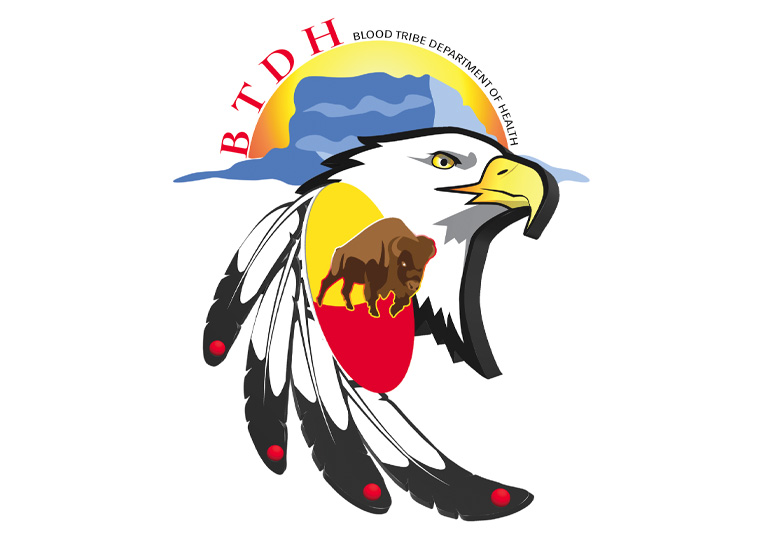Rooted in a shared commitment to honour the health-related Calls to Action of the Truth and Reconciliation Commission, the Blood Tribe Department of Health and the University of Lethbridge are partnering to expand health services capacity and delivery on the Blood Reserve through a memorandum of understanding (MOU).
In co-creation with the Blood Tribe, ULethbridge is seeking to build a sustainable model to enable the provision of provincial health mandates on the Blood Reserve. This includes immediate access to maternal and surgical health services as well as emergency care.

The partnership focuses on a shared vision of creating and enhancing opportunities for education, research and data collection, along with developing governance modelling and other professional training for the Blood Tribe Department of Health.
“This is a huge honor to establish this collaboration with the University of Lethbridge. We feel the sincerity from the U of L in continuing to support our nation in building a stronger tomorrow for our members in relation to everyone’s health and well-being,” says Derrick Fox, chief executive officer, Blood Tribe Dept. of Health Inc. “We are continuing the legacy of our ancestors, which is to ensure our members can share with everyone the gift of caring. Our historical leaders ensured in our treaty the right to adequate health care. As the Blood Tribe Department of Health Inc. grows, we want to ensure we continue to build the capacity of our workforce and create a strong foundation to serve our members. With the support and partnership of the University, we are continuing the vision of our ancestors.”
Initiatives from the partnership include supporting the Blood Tribe in prioritizing Blackfoot Ways of Knowing in relation to health and healing, and significantly expanding capacity to support access to high-quality health care and services.
Other initiatives involve enhancing education and training pathways for K-12 students into health-related university programs that optimize success for Indigenous learners and prioritize work-integrated learning opportunities within the Blood Tribe community. Support will also be given for expanding health research and innovation driven directly by the self-determined interests of the Blood Tribe.
ULethbridge and the Blood Tribe Department of Health envision the partnership to be a journey of co-creation with shared values of humility, respect, honesty, kindness, collaboration and strength.
“Access to quality health care is a fundamental necessity for community health and well-being, and through this relationship we’re looking to provide support in creating a model that is informed and driven by the needs of the Blackfoot community,” says ULethbridge President and Vice-Chancellor, Dr. Mike Mahon. “It’s also imperative this model is sustainable so that as the community grows and changes, the continuity of the health-care system is a foundational element that allows the community to thrive.”
Background
The University of Lethbridge is committed to collaborating with Indigenous Peoples and communities to ensure partnerships and programs meet the needs of these communities. ULethbridge has a long history of commitment respecting the historic prominence of Blackfoot and other Indigenous Peoples within Canada and has made significant effort to build meaningful and beneficial partnerships with the Blackfoot Confederacy. Academic programs that support Indigenous Ways of Knowing include the Indigenous Student Success Cohort (ISSC), the Niitsitapi Teacher Education Program, Indigenous Art, Indigenous Governance and Business Management, Aboriginal Health and Nursing.
